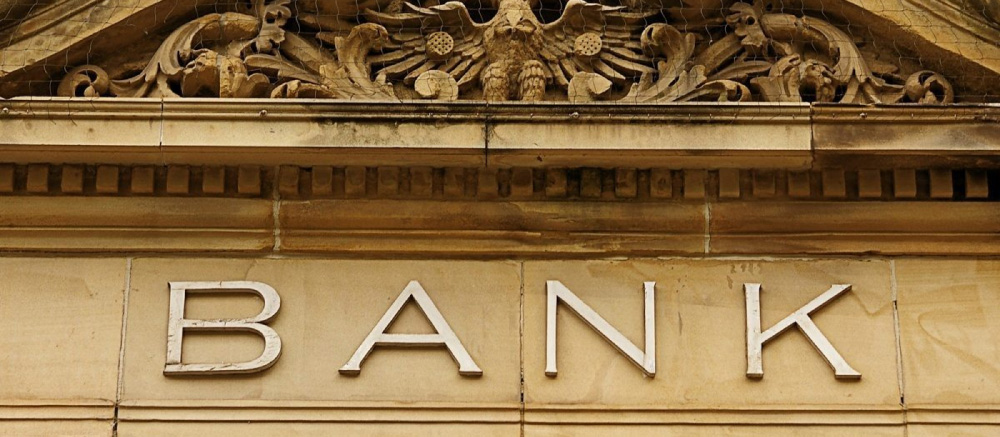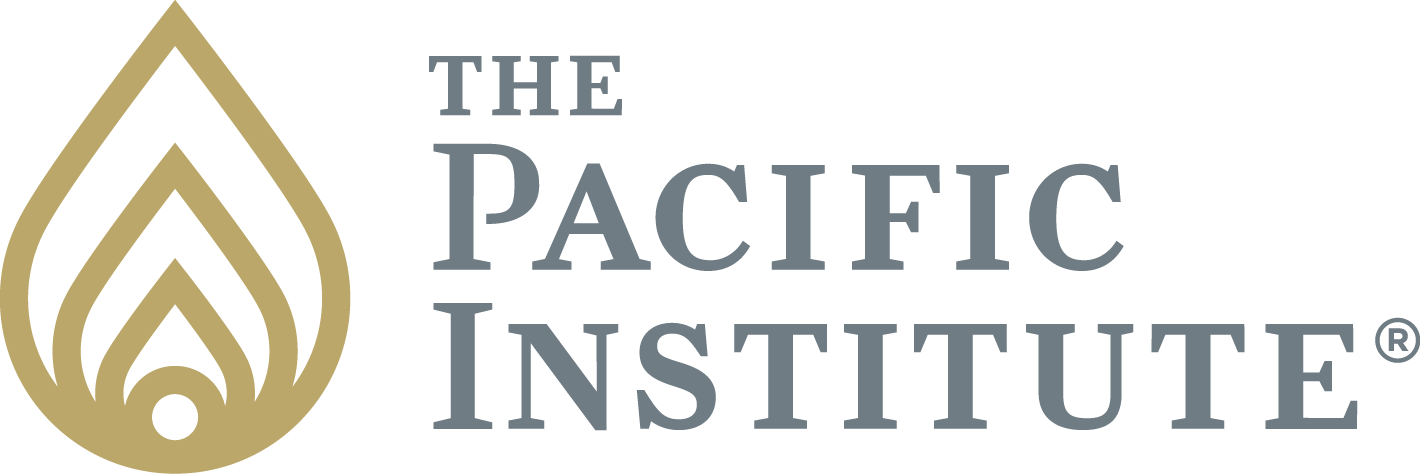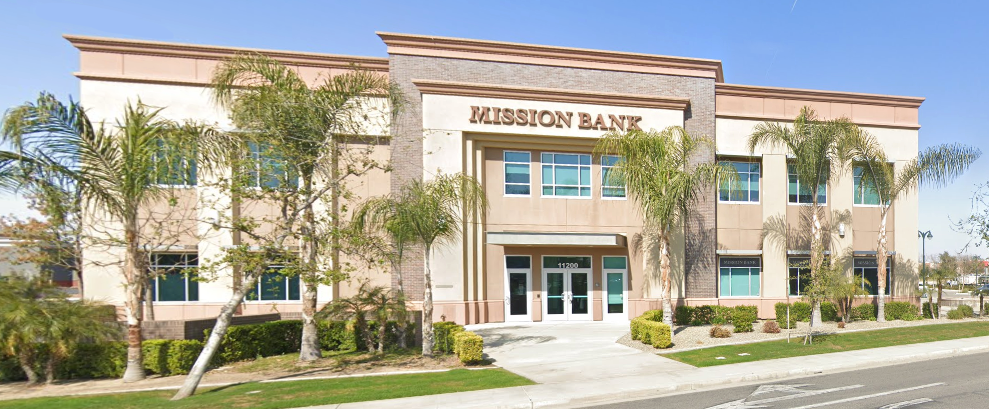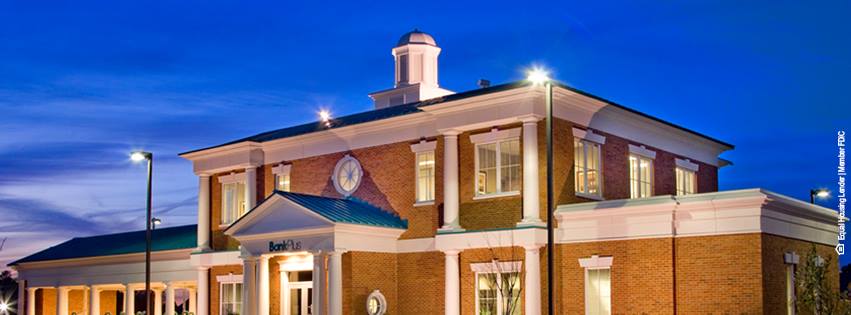Project Description
MIDLAND STATES BANK
Portfolio Growth Through Personal Growth

420%
Increase in
Net Revenue
1070%
Increase in Wealth Management AUA
585%
Increase in
Net Income
BACKGROUND
Founded over a century ago, Midland States Bank was a well-respected member of the business community and solid pillar of the financial establishment in Illinois. It had survived booms and busts and created hundreds of local jobs and financed hundreds of homes over the years. What it had in respect and solidity, however, it lacked in innovation and growth. It was stalled. The top and bottom lines had barely moved in years.
The board brought in a new CEO, Leon J. Holschbach, to turn things around.
Holschbach’s charge was to either help the bank to become significantly more profitable, or get it ready to be sold. Like most good leaders, he assessed the problem by pouring over financials, reviewing reports, asking questions of his leadership team, employees and customers, and listening to what they had to say. It didn’t take long for a vision to emerge of what it would take to turn things around. Holschbach felt he had the team to do it, but it would require major changes for the entire bank.
“This is where things usually take a wrong turn. Bankers often overestimate the ability of a sound strategy and rational argument to motivate people to change. New CEO’s arrive, and think that a good plan, promises of a brighter future, and skills training are enough to get people to change decades-old habits of thinking and behaving. It’s not. Not by a long shot.”
Sharon Schaubert, Senior Vice President Banking Services
Holschbach understood right away that there was something fundamental, to the culture of the organization, that needed to be addressed to prepare them for the changes. Twenty minutes into a presentation on the scientific research on culture and the process of lasting change, he hired The Pacific Institute® to lead the bank in its first step toward transformation.
“It is always a surprise to a business when they come to realize that their own thinking has held them back more than all the government regulations and all their competitors combined. For Midland States Bank that moment occurred, when they realized that one of the major reasons they hadn’t grown, or made any significant acquisitions in recent years, was because they had come to think of themselves as ‘a small bank from a small town”
Laural Manegre, The Pacific Institute
Those types of beliefs are never found in mission statements, yet they define the culture of an organization as strongly as anything that hangs in the lobby. More of a concern, those beliefs limited what the bank could become. Thinking of themselves as a small town, Effingham-based bank, they didn’t pause to consider opportunities in the next county or state. Their vision was narrow and restrictive.
SOLUTION
Midland States Bank first partnered with The Pacific Institute® in early 2008, with the introduction of a Culture Survey. Led by a TPI Senior Consultant, the company then crafted a new Vision & Values and completed Leadership Alignment® assessments on 15 key leaders of the business. All bank employees also received The Pacific Institute’s Investment In Excellence® training.
During this process, three major solution initiatives were implemented: Corporate
Culture & Leadership Initiative: The bank’s current culture was identified and compared to highly constructive cultures. Then, they discovered blind spots and limited thinking that held the organization back. Using the latest research in neuroscience, skills were developed for more expansive and creative thinking, and for more constructive leadership and sales practices.
Personal Development Initiative: This segment focused on personal accountability and developing individual skill sets to improve job performance and life satisfaction.
Strategy Initiative: Here a new strategic plan was developed and implemented to enhance the bank’s growth and strength for the future.
Pleased with the progress of all three initiatives, Holschbach felt the team was ready to begin executing the transformation of the bank. The problem was the market wasn’t cooperating. “We were ready” said Holschbach. ”Our minds had been opened. We had developed our skills, and we had a precise strategy. But we had no reputation as an acquirer. I couldn’t get anyone to return my calls. So, we got readier and readier and readier. Then the financial crisis hit. The banking portfolio_category was in trouble.”
“Our salvation was that we were ‘ready.’ We were prepared to leverage our people and assets to execute an acquisition strategy. The financial crisis provided us a platform to do that. We hadn’t planned it that way, but given the new flexibility in our thinking, we were able to see the opportunities that existed within the chaos that erupted.”
Leon J. Holschbach, CEO, Midland States Bank
Not only was Midland States Bank able to discern the opportunities that existed; they could raise almost $40 million in capital in 30 days, at a time when virtually no other community banks were raising money.
They raised the money for two acquisitions. One, Strategic Capital Bank, was a very complex transaction that required Midland to educate themselves, and their regulators, on multiple facets of operations, in order to complete their due diligence and assess value. “Given the complexity, two years ago, we wouldn’t have even considered that acquisition,” said CFO, Jeffrey G. Ludwig.
Ludwig continues, “We simply wouldn’t have had the mental agility or the stomach for it. We weren’t ready. That’s the position many of our competitors found themselves in. Other banks had the opportunity but they were too fearful to step up to the plate. They weren’t ready. Thanks to the investments we made in our culture, our people and our strategy, we were.”
OUTCOME
The results represent the success Midland States Bank has experienced over the last six years as they executed a strategic plan focusing on five key areas:
- Performance Banking
- Accretive Acquisitions
- Wealth Management
- De Novo Expansion
- Enterprise-Wide Risk Management
Schaubert states, “This work provided the foundation we needed to begin a major transformation of our company which has included: six bank/branch acquisitions, building a new LEED certified corporate headquarters, a core system conversion, a complete rebranding of our company, development of a new website, three De Novo branch locations and the addition of multiple mortgage, wealth management and commercial lending lift-out teams. The real success is represented in our financial results.”
In addition to a dramatically improved balance sheet and profit profile, the bank’s workforce has been transformed. “We just completed another employee satisfaction survey,” says Schaubert. “Side by side, you would never guess that they were the same company. It’s been a complete turn-around. Our people are happy, confident in management and enthusiastic about our future.
“The survey results include employees from both acquisitions. The culture work helped us turn around our existing workforce, and it gave us the foundation, leadership skills and insights into our own behaviors that we needed in order to fully integrate the two companies we acquired, without any layoffs. The fact that their scores reflect high satisfaction is a testament to the power of a constructive culture.” Schaubert concludes, stating; “Along the way, we have been mindful to not lose our focus on our culture and have challenged ourselves to keep the Investment In Excellence® principles alive in our day to day activities. We’ve consistently taken all new employees through the Investment In Excellence® course, conducted two additional Culture Surveys and have taken all our managers through Management Assessments. Our biggest challenge lies ahead as we look to close on our largest and most complex acquisition later this year [2014]. Upon the completion of this acquisition we will be a $2.5B Financial Services company with five subsidiary business units. We are looking forward to bringing this new team on board and introducing them to Midland’s culture.”
“The Pacific Institute has helped us unleash our potential. We are a different bank than the one they first started working with. Then, we were stable horses. Now we’re a herd of thoroughbreds. They have helped us become more agile, better thinkers, better team players, more courageous. Without them, we wouldn’t have been ‘ready’. As we continue to execute our strategy and make more acquisitions, we look to them to assist us in the evolution of our culture and leadership style and to keep us ‘ready’ to respond to an ever-changing world and marketplace.”
Leon J. Holschbach, CEO, Midland States Bank



